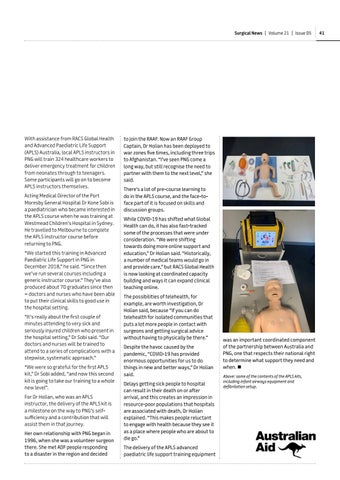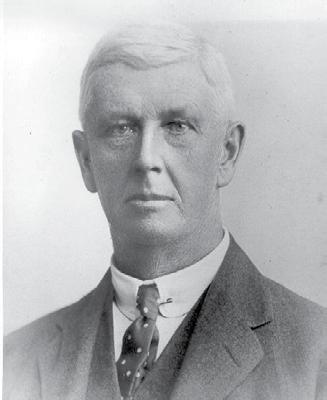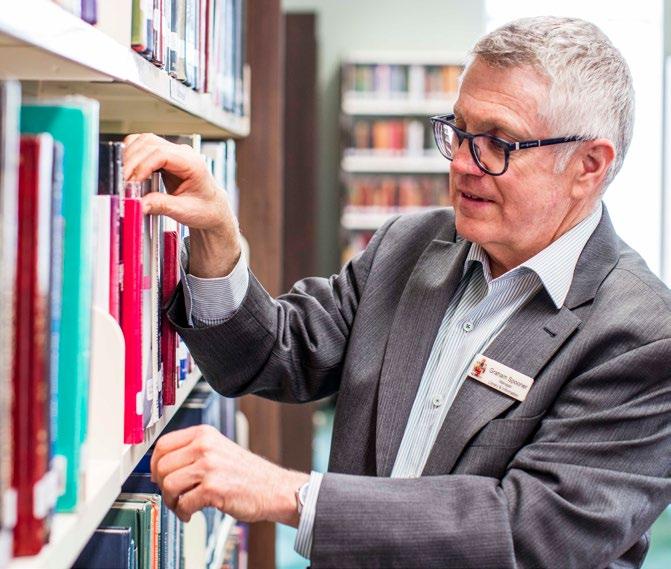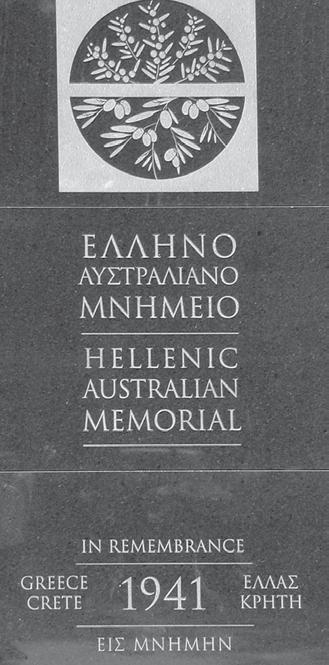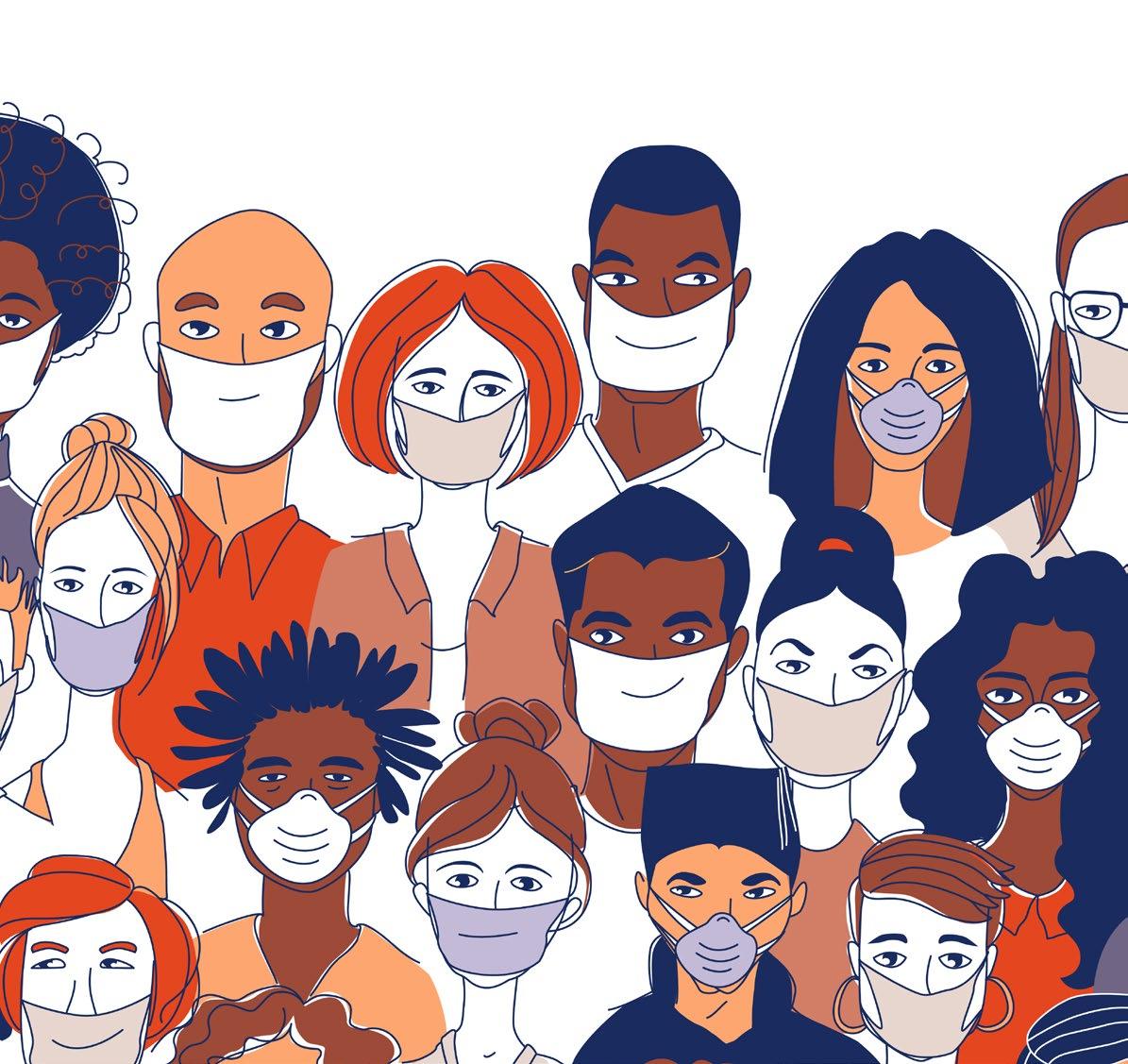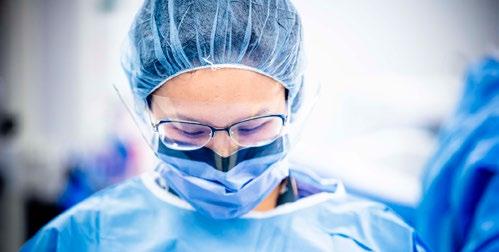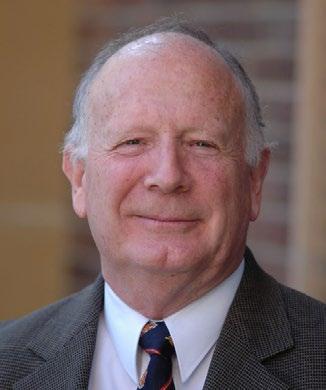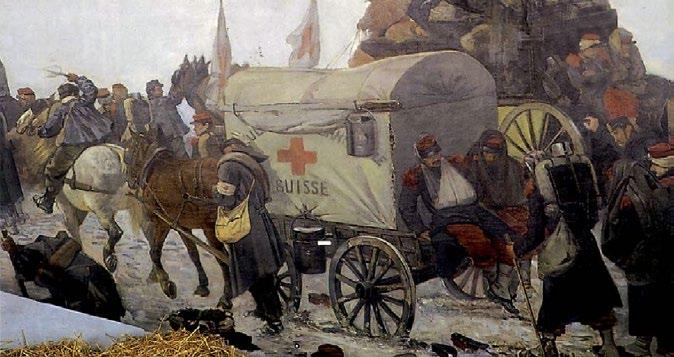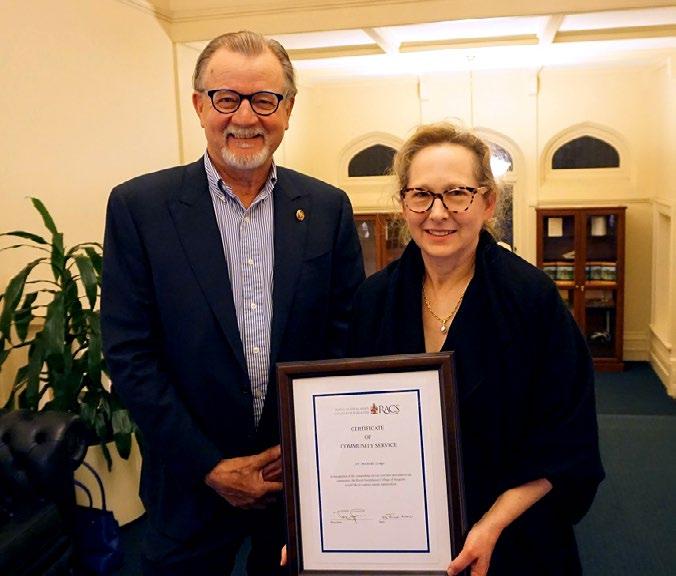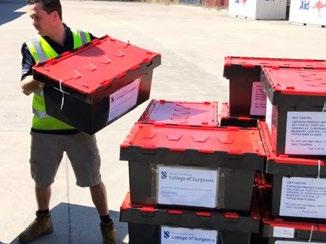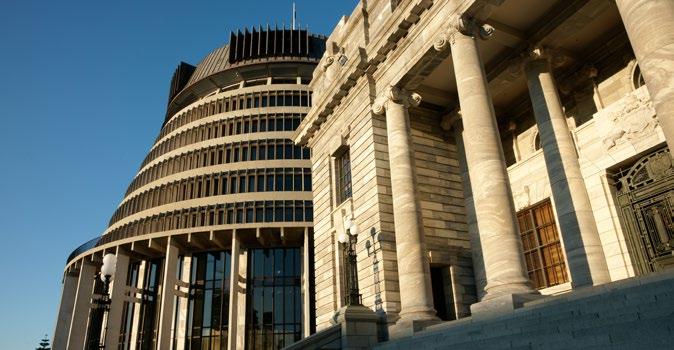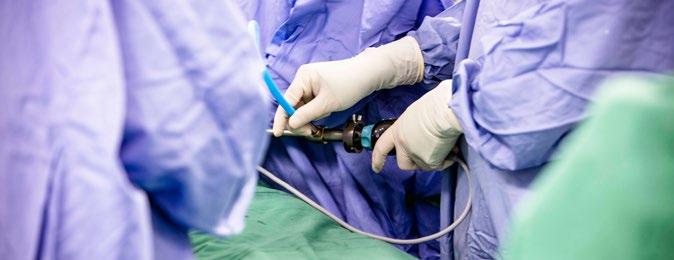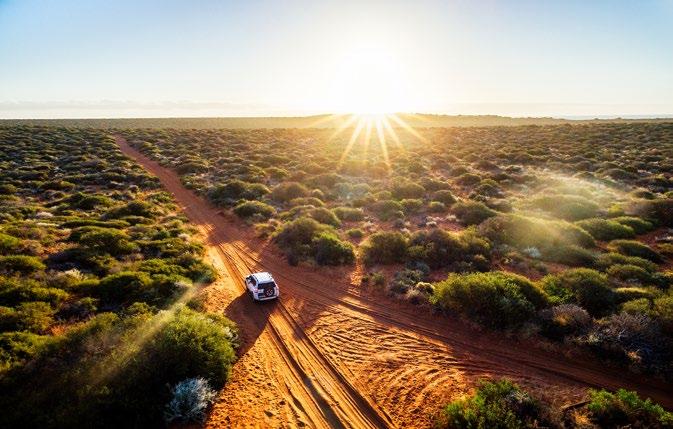Surgical News | Volume 21 | Issue 05
With assistance from RACS Global Health and Advanced Paediatric Life Support (APLS) Australia, local APLS instructors in PNG will train 324 healthcare workers to deliver emergency treatment for children from neonates through to teenagers. Some participants will go on to become APLS instructors themselves. Acting Medical Director of the Port Moresby General Hospital Dr Kone Sobi is a paediatrician who became interested in the APLS course when he was training at Westmead Children’s Hospital in Sydney. He travelled to Melbourne to complete the APLS instructor course before returning to PNG. “We started this training in Advanced Paediatric Life Support in PNG in December 2018,” he said. “Since then we’ve run several courses including a generic instructor course.” They’ve also produced about 70 graduates since then – doctors and nurses who have been able to put their clinical skills to good use in the hospital setting. “It’s really about the first couple of minutes attending to very sick and seriously injured children who present in the hospital setting,” Dr Sobi said. “Our doctors and nurses will be trained to attend to a series of complications with a stepwise, systematic approach.” “We were so grateful for the first APLS kit,” Dr Sobi added, “and now this second kit is going to take our training to a whole new level”. For Dr Holian, who was an APLS instructor, the delivery of the APLS kit is a milestone on the way to PNG’s selfsufficiency and a contribution that will assist them in that journey. Her own relationship with PNG began in 1996, when she was a volunteer surgeon there. She met ADF people responding to a disaster in the region and decided
to join the RAAF. Now an RAAF Group Captain, Dr Holian has been deployed to war zones five times, including three trips to Afghanistan. “I’ve seen PNG come a long way, but still recognise the need to partner with them to the next level,” she said. There’s a lot of pre-course learning to do in the APLS course, and the face-toface part of it is focused on skills and discussion groups. While COVID-19 has shifted what Global Health can do, it has also fast-tracked some of the processes that were under consideration. “We were shifting towards doing more online support and education,” Dr Holian said. “Historically, a number of medical teams would go in and provide care,” but RACS Global Health is now looking at coordinated capacity building and ways it can expand clinical teaching online. The possibilities of telehealth, for example, are worth investigation, Dr Holian said, because “If you can do telehealth for isolated communities that puts a lot more people in contact with surgeons and getting surgical advice without having to physically be there.” Despite the havoc caused by the pandemic, “COVID-19 has provided enormous opportunities for us to do things in new and better ways,” Dr Holian said. Delays getting sick people to hospital can result in their death on or after arrival, and this creates an impression in resource-poor populations that hospitals are associated with death, Dr Holian explained. “This makes people reluctant to engage with health because they see it as a place where people who are about to die go.” The delivery of the APLS advanced paediatric life support training equipment
was an important coordinated component of the partnership between Australia and PNG, one that respects their national right to determine what support they need and when. Above: some of the contents of the APLS kits, including infant airways equipment and defibrilation setup.
41
